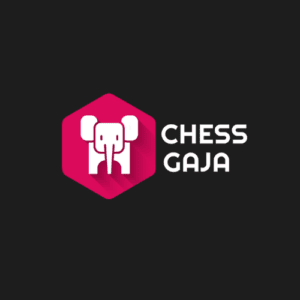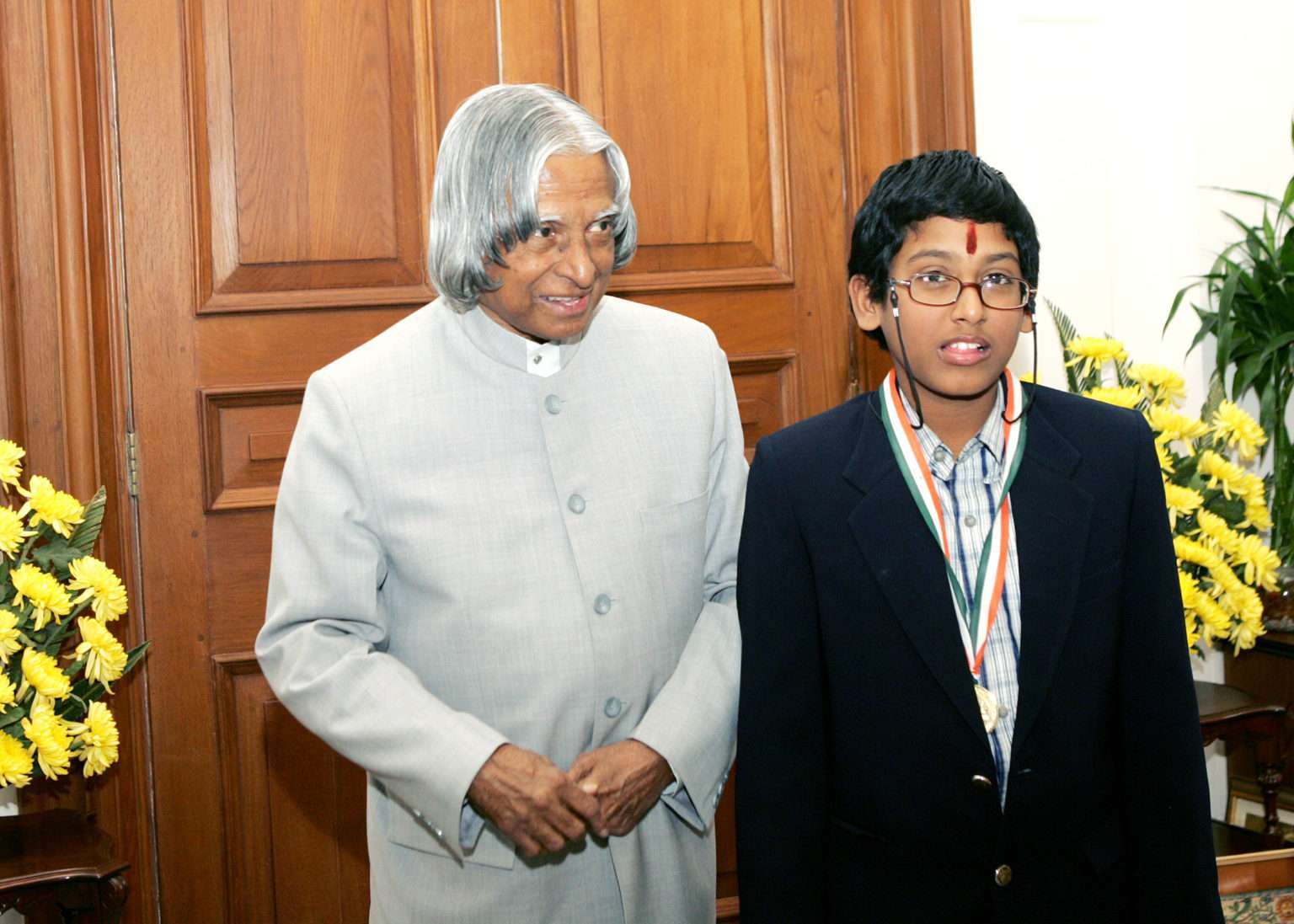Chess Rules for Absolute Beginners
Welcome to the world of chess! Whether you are a child or an adult, learning chess can be a fascinating journey filled with strategic thinking and mental stimulation. In this beginner’s guide, I, Grand Master and FIDE Trainer Priyadharshan Kannappan, Founder of Chess Gaja, a Global Online Chess Academy will walk you through the basic rules of chess, ensuring that you have a solid foundation to play the game.
Introduction to Chess
Chess is a two-player board game played on a square board divided into 64 squares of alternating colors. Each player starts with 16 pieces, including a king, a queen, two rooks, two knights, two bishops, and eight pawns. The objective is to checkmate your opponent’s king, which means putting their king in a position where it is under attack and cannot escape capture. Let’s dive into the chess rules step by step.
Setting Up the Chessboard
Before you play, you need to set up the chessboard correctly. The board should be placed between the two players in such a way that each player has a light-colored square on their right-hand corner. Remember, the chessboard is always oriented with a white square on the right side. You may use a physical chessboard or choose from various online platforms to play.

The Chess Pieces and Their Movement
You can find a detailed explanation of how every chess pieces move and their powers in my other blog “Chess for Beginners: Grandmaster Guide to Play“
Special Chess Moves
In addition to the basic movements, there are a few special moves in chess that you should know:
1. Castling:
Castling is a move that allows the king and one of the rooks to move together. It is the only time in the game when two pieces move simultaneously. Castling is the best way to ensure the safety of your king by moving it to a more secure position behind a wall of pawns. To castle, move the king two squares towards the rook, and then place the rook on the square next to the king.
Castling is a confusing concept for Beginners, and the way to think of castling in real-world terms is when a King in the olden times built a castle and fortified the castle from his enemies by having an army of soldiers. Similarly, when you castle, you surround the king with your pawns and pieces, tucking it away in a corner of the board to keep it secure.
Here is a detailed explainer video on Castling on the Chess Gaja YouTube Channel.
Here is also a very useful Lichess practice module on Castling which will help you better understand the topic.
2. En Passant:
En passant is a special pawn capture that can only occur immediately after an opponent moves their pawn two squares forward from its starting position. If your opponent’s pawn moves two squares forward and lands next to your pawn, you have the option to capture it “en passant,” as if it had only moved one square forward.
En-passant is a very confusing concept for beginners as they might not get the logic of en-passant right away. Learn properly about en passant in this Chess Gaja YouTube video.
You would have to practice it multiple times and I would suggest that you practice en passant on Lichess.
3. Pawn Promotion:
When a pawn reaches the opposite side of the board, it will promote to any other piece, except for the king. You can choose to promote it to a queen, rook, bishop, or knight. Promoting a pawn to a queen is often the most advantageous move, as the Queen is the most valuable piece on the board.
Think of pawn promotion like how you move up the grades as you complete your current school grade and pass all the examinations to move to the next level, similarly, when a pawn reaches the opposite side of the board it gets promoted to a piece of its choice.
The Objective: Checkmate
The ultimate goal of a chess game is to CHECKMATE your Opponent’s King. Checkmate occurs when the king is under attack (in “check”) and cannot escape capture. If you checkmate your opponent’s king, you win the game. Remember, checkmate can happen in various ways, and it requires strategy, planning, and careful thinking to achieve.
When starting as a beginner, it’s important to focus on attacking the opponent’s king while ensuring the safety of your king by castling. Most beginners handle their king carelessly, so if you can execute your attack on the opponent king strategically, you should be able to score a lot of points!
You can watch some basic chess videos on Checkmates on the Chess Gaja YouTube Channel.
Common Mistakes to Avoid
As beginners, it’s natural to make mistakes while learning chess. Here are a few common mistakes to avoid:
1. Ignoring your opponent’s moves: Be attentive to your opponent’s moves and try to predict their strategy. Chess is a game of anticipating your opponent’s moves and planning your own accordingly.
2. Neglecting development: Develop your pieces actively and avoid leaving them idle. Castle early connect your rooks and ensure all your pieces are developed as you reach the middle game.
3. Failing to protect the king: Keep your king safe by placing it behind a wall of pawns or castling it to a secure position.
Here are some videos on the Chess Gaja YouTube channel for you to better understand why you should keep your king safe.
4. Moving pawns impulsively: Think twice before moving your pawns. Once they move, there is no turning back. Pawns play a crucial role in controlling the center of the board and creating opportunities for your other pieces.
5. Overlooking threats: Always be aware of potential threats from your opponent’s pieces. Look out for undefended pieces and potential forks, pins, or skewers.
Here are some videos on the Chess Gaja YouTube channel for you to know about threats.
Practice, Patience, and Persistence
Learning chess is a process that takes time, practice, and patience. Here are a few tips to improve your chess skills:
1. Play regularly: The more you play, the better you will become. Practice regularly against different opponents to enhance your understanding of chess strategies and sharpen your tactical skills.
2. Analyze your games: After each game, whether you win or lose, take the time to analyze your moves. Identify where you made mistakes and find opportunities for improvement.
3. Study famous games: Explore famous chess games played by grandmasters and try to understand their thought processes and strategies. This will help broaden your knowledge and inspire new ideas.
4. Solve chess puzzles: Working on chess puzzles is an excellent way to train your mind and improve your tactical skills. There are plenty of chess puzzle books and online platforms available to challenge yourself.
5. Join a chess club or community: Engaging with fellow chess enthusiasts can provide valuable insights, opportunities for practice, and friendly competition. Join a local chess club or take part in online chess forums/academies.
Additional Video Learning Resources on Beginner Chess Topics
We have a lot of learning content for Beginners on the Chess Gaja YouTube Channel. The videos are designed for you to understand the concepts more deeply. If you like the content, I would highly recommend you subscribe to the channel to get all the latest videos on chess improvement.
Conclusion
Congratulations! You have now learned the basic rules of chess. Remember that chess is a game of strategy, patience, and continuous learning. Keep practicing, exploring, and playing with a curious mind. As you progress, you will uncover more advanced tactics and become a stronger chess player. Enjoy your chess journey and have fun challenging opponents from all over the world!
If you would like to learn chess from the best of the best, reach out to us at Chess Gaja Academy, and we will guide you from being an absolute beginner to GrandMaster level! We are the world’s leading online chess academy with students from 15+ countries.









